Following a 2018 mass shooting at Marjory Stoneman Douglas high school in Parkland, Florida, support for stricter gun control reached a height not seen since the early 1990s. At the same time, many of the loudest voices leading the call for new laws came from younger Americans. Most notably, the group March for Our Lives, comprised of multiple Parkland shooting survivors, was founded that year.
This groundswell of youth-led activism caused many to prognosticate about a future of younger adults fundamentally changing the gun debate in their push for gun control. But just three years later, several indicators now call that into question.
A series of recent polls have shown Americans taking an about-face on the issue of gun control, with younger adults playing a significant role in that switch in attitudes.
An April 2021 ABC Poll found that only a minority of adults aged 18-29 now support new gun laws. Youth support is down a staggering 20-points from the 65 percent who said the same at the height of youth activism in 2018. That was the sharpest decline of any demographic polled.
A November Quinnipiac poll found more 18-34-year-olds now oppose stricter gun laws than support them.
A Gallup poll the same month found while support for stricter gun laws was consistent among all age brackets, 18-34-year-olds were the age group most likely to say that gun laws should be less strict. The poll also found 18-34-year-olds were least likely to support a ban on the private ownership of handguns compared with older respondents.
Even among dedicated partisans, a significant enthusiasm gap now exists between younger Americans and older Americans on the issue of guns. A new Reuters report on the issues that motivate Democratic voters found 78 percent agree on the idea “it is too easy to access guns in the United States.” However, a breakdown of the party’s voters by age shows a significant disparity in intensity of feelings toward the issue.
The majority of Democrats aged 55 and older report said they would be angry if the US Government acted in opposition to their views on guns. However, their younger Democratic counterparts had far less passion for the issue.
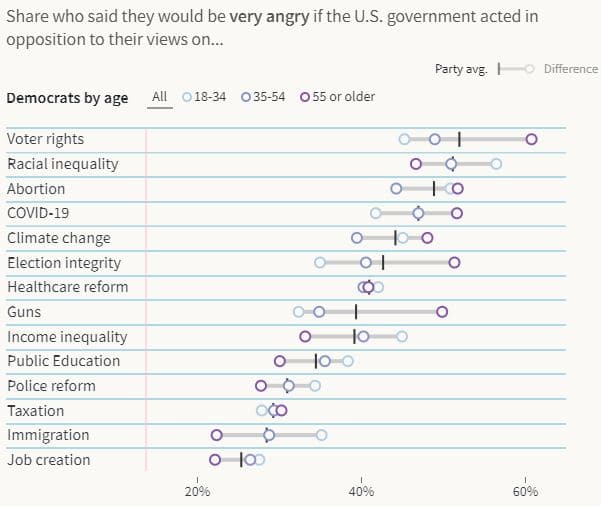
It’s difficult to say with certainty what’s behind this movement, and any monocausal explanation is bound to be under-inclusive. It’s likely many young people were included in the broader population who chose to become gun owners at record rates in 2020 and through the beginning of this year.
It’s also possible that some young people began to reckon with the disproportionate racial impact of gun policy enforcement as conversations surrounding racial justice have increasingly been thrust into the mainstream.
Younger Americans are more likely than the population overall to have a progressive political outlook. They were also more mobilized in response to recent racial issues than the population as a whole. Previous research has found that voters under 30 are three times more likely than those over 45 to say their number one policy priority was race relations and the police.
Since then, progressive voices in the criminal justice space have been sounding the alarm about the disproportionate impacts of gun control. It follows logically that at least some young people, the group most receptive to the concept of criminal justice reform, have taken notice and adjusted their views on guns as a result.
Even the group March for Our Lives, the progenitor of the idea of a youth-led future of gun-control activism, has substantially shifted its priorities beyond gun control and toward broader progressive racial justice goals.
Perhaps it was simply a short-lived reaction to the tragedy of Parkland that created the idea of a youth movement passionately in favor of gun control for years to come. Or perhaps something more fundamental has shifted ideologically among younger adults. Either way, for the time being, it does not appear that young Americans will be ushering in a new generation of aggressive gun-control reforms.

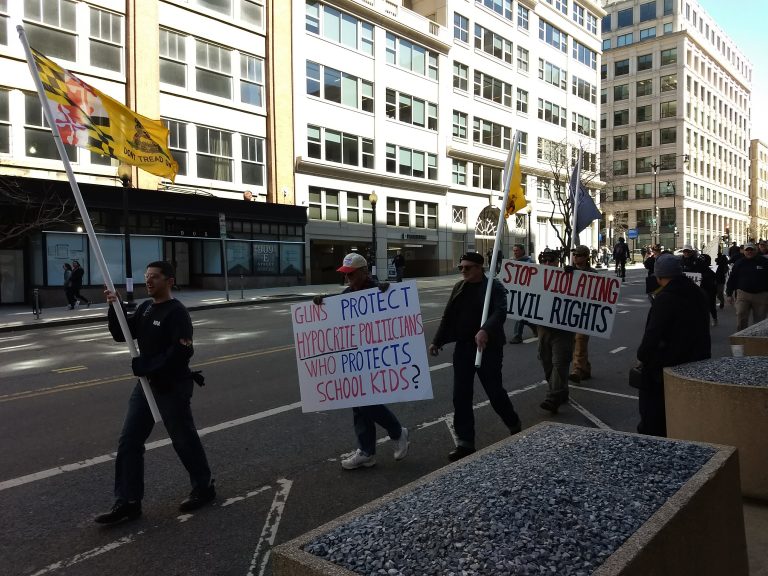

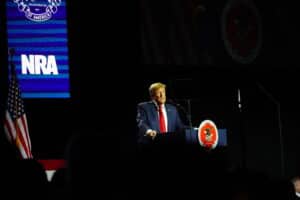
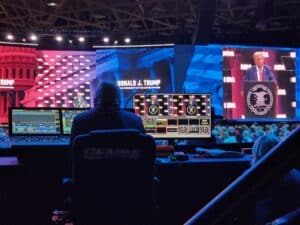
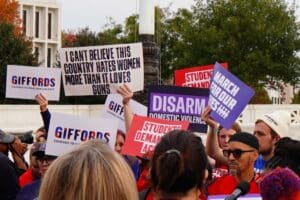

Only Members can view comments. Become a member today to join the conversation.